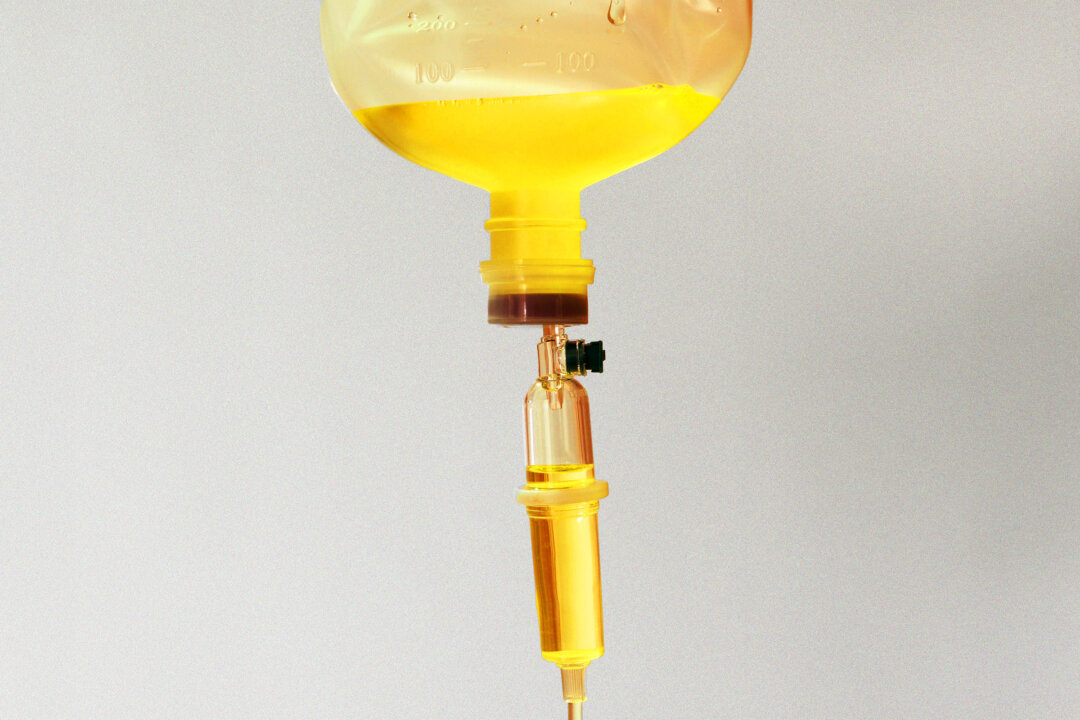
Adding high-dose vitamin C to a cancer treatment regimen may double survival time, according to a clinical trial that tested this in pancreatic cancer patients. Typically diagnosed in its advanced stages, pancreatic cancer has a poor prognosis and leaves patients with limited treatment options, with most surviving only eight months with standard chemotherapy. “The results were so strong .
.. that we were able to stop the trial early.
” “Not only does it increase overall survival, but the patients seem to feel better with the treatment,” said Cullen. According to the study, vitamin C appears to help protect healthy cells from these side effects by reducing the oxidative stress and inflammation triggered by chemotherapy. As a result, patients were better able to tolerate the treatment and continue their cycles without interruption.
Researchers found that patients given high-dose vitamin C experienced fewer side effects from chemotherapy. This helped them stay on track with their treatment and reduced the risks associated with chemotherapy. Over half of the patients in the vitamin C group had stable white blood cell levels with no fevers.
In contrast, nearly two-thirds of the chemotherapy-only group developed low white blood cell counts, putting them at higher risk for infection. Additionally, over 12 percent of the chemotherapy-only group experienced fevers due to a low white blood cell count, which can lead to hospitalization. Around 95 percent of the vitamin C group had stable platelet levels, while over 12 percent of the chemotherapy-only group had low platelets, increasing their risk of bleeding.
Previous research by Cullen and the team found that vitamin C delivered through an IV achieves much higher blood levels than when delivered orally. These higher concentrations trigger chemical reactions that target cancer cells while leaving healthy cells largely unaffected. According to the researchers, IV vitamin C generates hydrogen peroxide in the bloodstream, which is toxic to cancer cells but relatively harmless to healthy ones.
Buettner said that this selective targeting is due to cancer cells having lower levels of an enzyme called catalase, which normally breaks down hydrogen peroxide. “This explains how the very, very high levels of vitamin C ..
. do not affect normal tissue, but can be damaging to tumor tissue.” Glioblastoma is an aggressive and fast-growing type of brain cancer known for its poor prognosis and resistance to treatments, making it one of the most challenging cancers to treat.
In the study, glioblastoma patients who received high-dose vitamin C along with chemotherapy and radiation survived an average of 19.6 months—nearly five months longer than patients who received standard treatment alone. A third phase 2 trial investigating IV vitamin C for non-small cell lung cancer is underway, with results expected in late 2024.
“Our aim is to show that adding high-dose, IV vitamin C, which is very inexpensive and very well tolerated, can improve treatment for these cancers that are among the deadliest affecting the U.S. population,” Cullen said.
.














